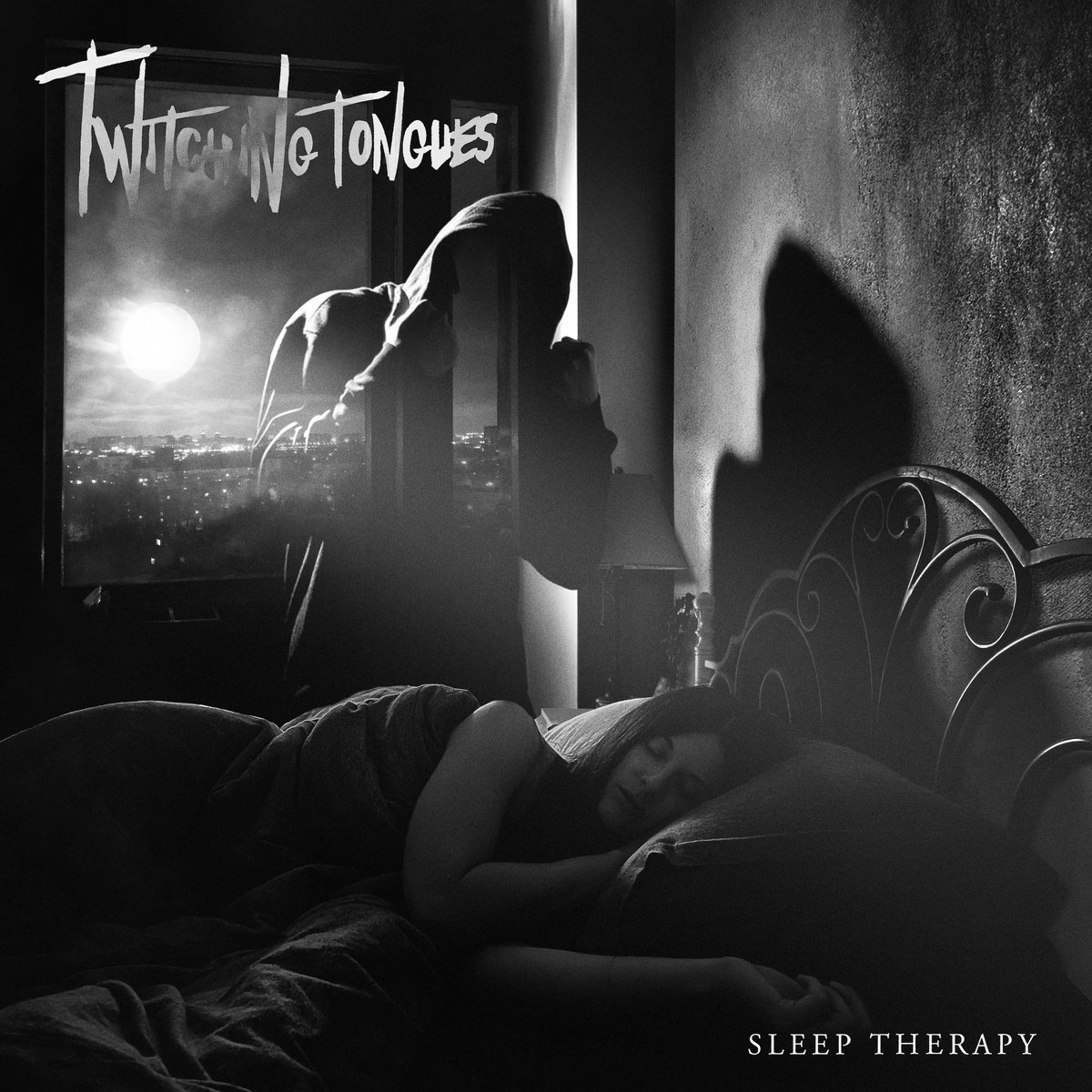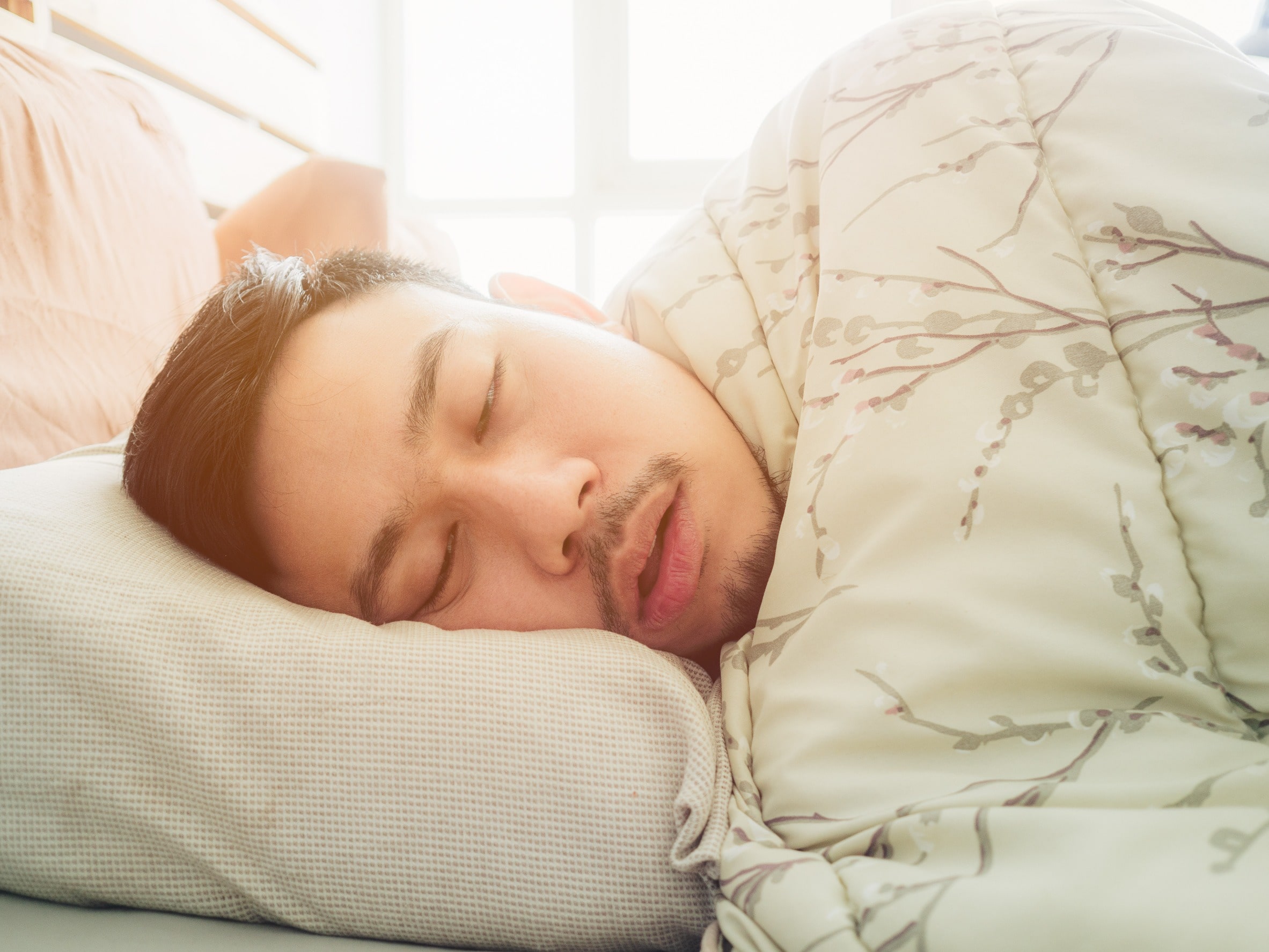Experienced Insomnia Specialist - Personalized Care for Better Sleep
Experienced Insomnia Specialist - Personalized Care for Better Sleep
Blog Article
Effective Therapy Solutions for Handling Rest Disorders and Enhancing Peaceful Rest
In the realm of healthcare, the monitoring of rest conditions and the pursuit for restful sleep are pivotal components of overall health. As we browse the elaborate landscape of rest disorders and look for to enhance our sleep experience, a much deeper understanding of these therapy options might hold the secret to opening a more refreshing and meeting restorative trip.
Cognitive Behavior Modification for Sleeplessness (CBT-I)
Cognitive Behavior Modification for Sleeplessness (CBT-I) is an organized, evidence-based therapy method that focuses on resolving the hidden factors contributing to rest disturbances. This kind of therapy aims to change behaviors and thoughts that aggravate sleeping disorders, eventually promoting healthy sleep patterns. CBT-I normally entails numerous crucial components, including cognitive treatment, sleep restriction, stimulation control, and sleep health education and learning.
Cognitive treatment assists individuals determine and transform unfavorable idea patterns and ideas about sleep that may be impeding their capability to fall or stay asleep. Rest constraint entails limiting the quantity of time spent in bed to match the person's actual rest duration, thus increasing rest performance (cognitive behavioral therapy for insomnia (CBT-I)). Stimulus control strategies assist establish a solid organization between the bed and rest by motivating people to head to bed just when sleepy and to stay clear of taking part in promoting activities in bed
In addition, rest hygiene education and learning concentrates on developing healthy and balanced sleep behaviors, such as preserving a consistent rest schedule, developing a relaxing bedtime regimen, and optimizing the rest environment. By addressing these aspects comprehensively, CBT-I uses an effective non-pharmacological treatment for managing sleep problems and enhancing overall rest quality.
Sleep Hygiene Practices
Having actually developed the foundation of cognitive restructuring and behavior alterations in attending to sleep problems with Cognitive Behavioral Treatment for Sleeping Disorders (CBT-I), the emphasis currently shifts towards discovering vital Rest Hygiene Practices for preserving ideal rest quality and general wellness.
Rest health practices include an array of habits and environmental aspects that can dramatically influence one's capacity to drop off to sleep and remain asleep throughout the evening. Regular rest and wake times, producing a relaxing bedtime regimen, and maximizing the rest atmosphere by maintaining it dark, silent, and cool are essential elements of excellent rest health. Restricting direct exposure to displays prior to going to bed, staying clear of energizers like high levels of caffeine near to going to bed, and participating in normal exercise throughout the day can additionally promote far better rest quality.
Additionally, practicing relaxation techniques such as deep breathing exercises or reflection before bed can help relax the mind and prepare the body for sleep. By including these sleep hygiene techniques right into one's daily regimen, people can establish a healthy rest pattern that sustains relaxing rest and overall well-being.
Relaxation Techniques and Mindfulness
Applying leisure strategies and mindfulness practices can play a crucial duty in promoting a sense of calm and promoting top quality rest. Additionally, assisted images can aid carry people to a calm place in their minds, helping in stress and anxiety decrease and boosting rest top quality.
Mindfulness techniques, such as reflection and yoga, are likewise reliable in advertising relaxation and enhancing sleep. why not try this out Mindfulness encourages people to remain existing in the minute, allowing go of bother with the past or future. By including these methods right into a going to bed routine, individuals can signify to their bodies that it is time to prepare and take a break for sleep. In general, incorporating relaxation techniques and mindfulness practices can substantially add to taking care of rest disorders and enhancing total rest high quality.

Medication Options for Sleep Disorders
After checking out leisure techniques and mindfulness practices as non-pharmacological interventions for insomnia specialists boosting sleep high quality, it is important to consider medicine options for people with sleep disorders. In instances where lifestyle adjustments and treatment do not provide enough alleviation, medicine can be a beneficial device in handling rest disruptions.
Frequently recommended medicines for rest problems include benzodiazepines, non-benzodiazepine hypnotics, antidepressants, and melatonin receptor agonists. Antidepressants, such as trazodone, can be valuable for people with co-occurring clinical depression and sleep disturbances - insomnia therapy.
It is critical for people to talk to a health care company to identify the most proper medicine alternative based upon their details rest problem and case history.
Light Therapy for Circadian Rhythm Regulation
Light treatment, additionally understood as photo-therapy, is a non-invasive treatment approach made use of to manage body clocks and enhance sleep-wake insomnia treatment options cycles. This therapy includes exposure to bright light that simulates all-natural sunlight, which helps to reset the body's body clock. By exposing people to certain wavelengths of light, normally in the morning or night relying on the desired effect, light treatment can efficiently adjust the body clock to promote wakefulness during the day and improve peaceful rest during the night.
Research has actually shown that light therapy can be especially beneficial for people with circadian rhythm disorders, such as delayed rest phase syndrome or jet lag. It can additionally be helpful for those experiencing seasonal depression (SAD), a sort of clinical depression that typically occurs during the cold weather when natural light direct exposure is decreased. Light therapy is typically well-tolerated and can be made use of combined with other therapy approaches for rest disorders to maximize outcomes and improve overall rest high quality.
Conclusion
Finally, effective therapy services for handling rest disorders and enhancing restful rest consist of Cognitive Behavior modification for Sleeplessness (CBT-I), sleep hygiene methods, relaxation strategies and mindfulness, medication choices, and light therapy for circadian rhythm guideline. These approaches can help individuals boost their rest high quality and total wellness. It is very important to speak with a health care company to determine one of the most ideal strategy for resolving sleep problems.
As we navigate the elaborate landscape of sleep conditions and look for to improve our sleep experience, a much deeper understanding of these therapy solutions might hold the secret to opening an extra rejuvenating and fulfilling corrective journey.
Sleep constraint includes restricting the quantity of time spent in bed to match the person's real sleep duration, therefore raising sleep performance. Constant sleep and wake times, developing a relaxing bedtime routine, and optimizing the sleep setting by keeping it dark, peaceful, and cool are vital elements of good sleep health. Light therapy is normally well-tolerated and can be made use of in conjunction with other therapy approaches for sleep conditions to maximize end results and enhance overall rest high quality.

Report this page